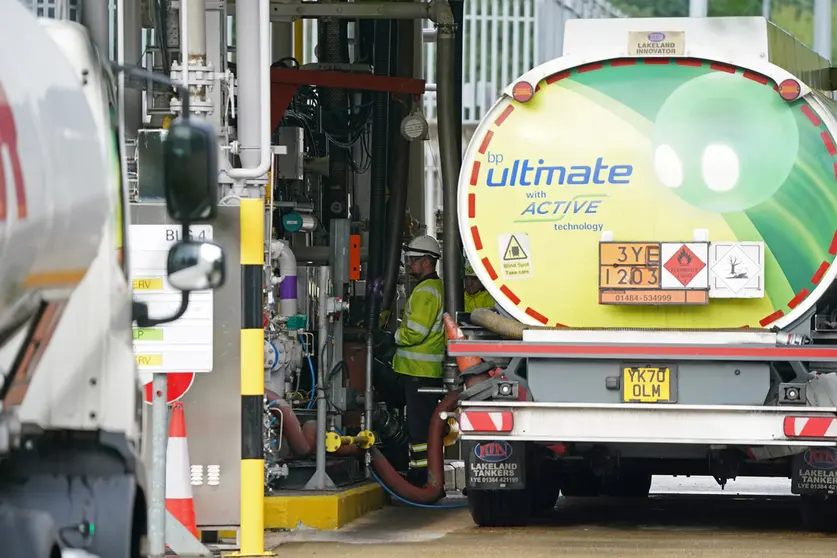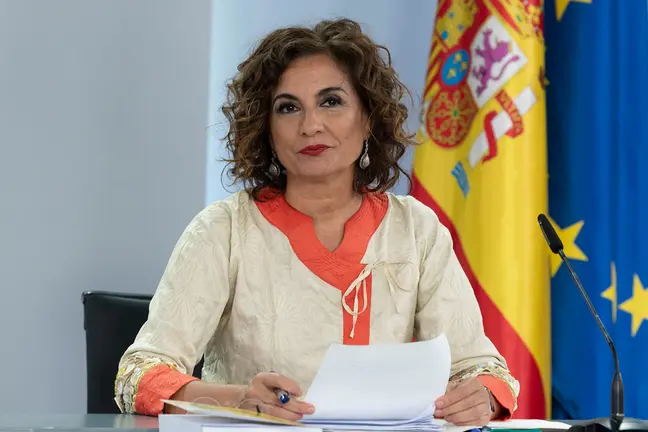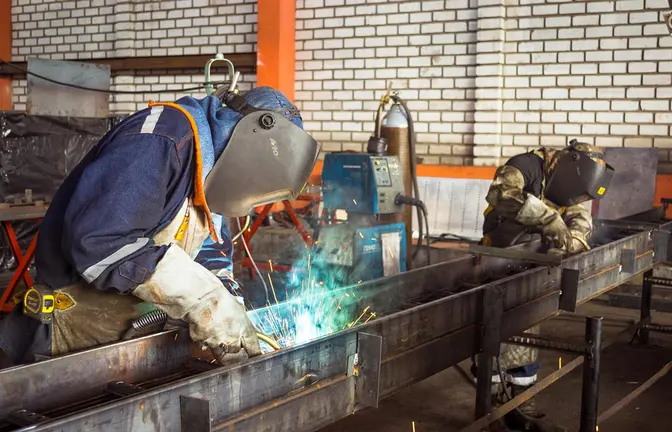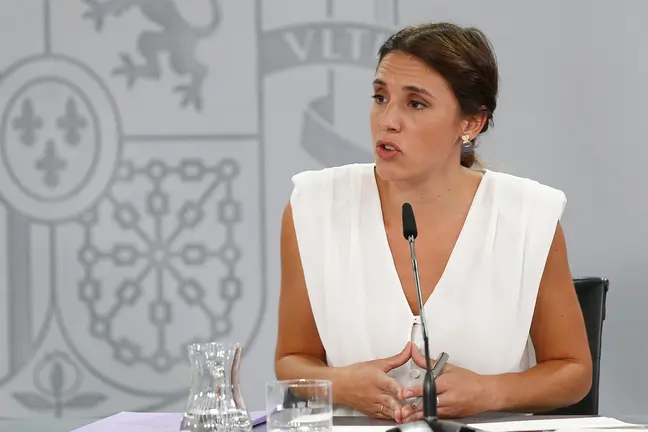Gas and energy prices are at their highest point in years, with many in Europe concerned about households falling behind on their bills in the coming months. EU finance ministers are to discuss the matter on Monday and Tuesday. What’s behind the increase and what can the European Union do?
-What's been happening to energy prices?
Since the start of the year, international energy prices have been rapidly increasing. The main cause is the price of gas, according to Simone Tagliapietra – an analyst from Brussels-based think tank Bruegel: the wholesale price of natural gas rose around 440% between January and October.
Gas is used for heating, but also to produce electricity.
For consumers, the effects have been less pronounced but still dramatic. For example, in Germany - the EU’s biggest member state - heating bills were up 33% in September compared to last year and energy bills up 4%, figures from consumer portal Check24 show.
-Why have prices soared so rapidly?
There are several factors.
First, demand for energy has increased worldwide as many countries start to bounce back from the pandemic’s effects and economic production surges. At the same time, the supply of energy has fallen - for example due to droughts in Brazil, where a lot of electricity is produced from hydropower.
Last winter was also particularly hard in many places, reducing reserves. Thilo Schaefer of the German Economy Institute (IW) points out that less renewable energy was produced in the summer.
In addition, some suspect large companies of taking advantage of market developments. Georg Zachmann, also of Bruegel, says that Russian gas producer Gazprom has fulfilled its supply contracts with Europe, but has not met additional demand despite attractive prices.
Gazprom could be aiming to further drive up prices or, Zachmann argues, exert pressure to get the controversial Nord Stream 2 Baltic Sea pipeline up and running more quickly.
-Does the transition to renewable energy have anything to do with it?
Critics also blame climate protection measures.
The price of carbon dioxide (CO2) in emissions trading has risen, which makes energy production from coal less attractive, but can also make electricity more expensive if there are no alternatives.
Under the EU emissions trading system, electricity suppliers have to pay for polluting greenhouse gases such as CO2. Critics fear that an expansion of the system will place an additional burden on consumers.
According to Tagliapietra, emissions trading is responsible for only one fifth of the price increase. The EU system has ensured that coal does not become an alternative when gas prices are high - thus preventing higher emissions, in his view. For Zachmann, the only alternative is energy efficiency and clean electricity.
-Is the rise here to stay?
Politicians and experts believe the price increases are temporary.
Schaefer from IW estimates that the replenishing of reserves or Nord Stream 2 going into operation would dampen the trend.
According to Tagliapietra, gas prices could halve by April.
-How are EU countries reacting?
Some EU countries have taken steps already to protect consumers.
France has announced a tariff ceiling for electricity and gas and wants to pay poorer households 100 euros (116 dollars).
Italy wants to spend 3 billion euros to relieve citizens of part of their electricity and gas bills, for example through tax cuts.
Spain has called for action at the EU level, such as a common platform for gas purchases.
Luxembourg partly blames speculation in the gas market for the price rise and proposed a revision of EU law. "We have to eliminate the extreme speculative behaviour of some traders," Luxembourg's Energy Minister Claude Turme said.
Poland wants an overhaul of the EU emissions trading system.
-What can the EU do?
There is little the EU can do in the short term, experts say.
It is up to the member states to cushion the social consequences, Schaefer says.
According to Tagliapietra, the European Commission can advise the states and coordinate measures, especially to prevent market distortion.
The EU executive branch has announced that a "toolbox" possibly containing such a guide is imminent.
In the long term, the EU should implement its climate investment and renewables package more quickly to reduce dependence on fossil fuels, experts agree.
Making gas cheaper would not solve the problem permanently, Zachmann stresses.










